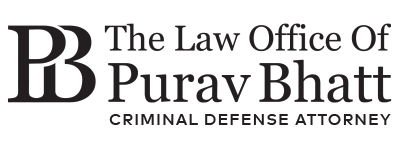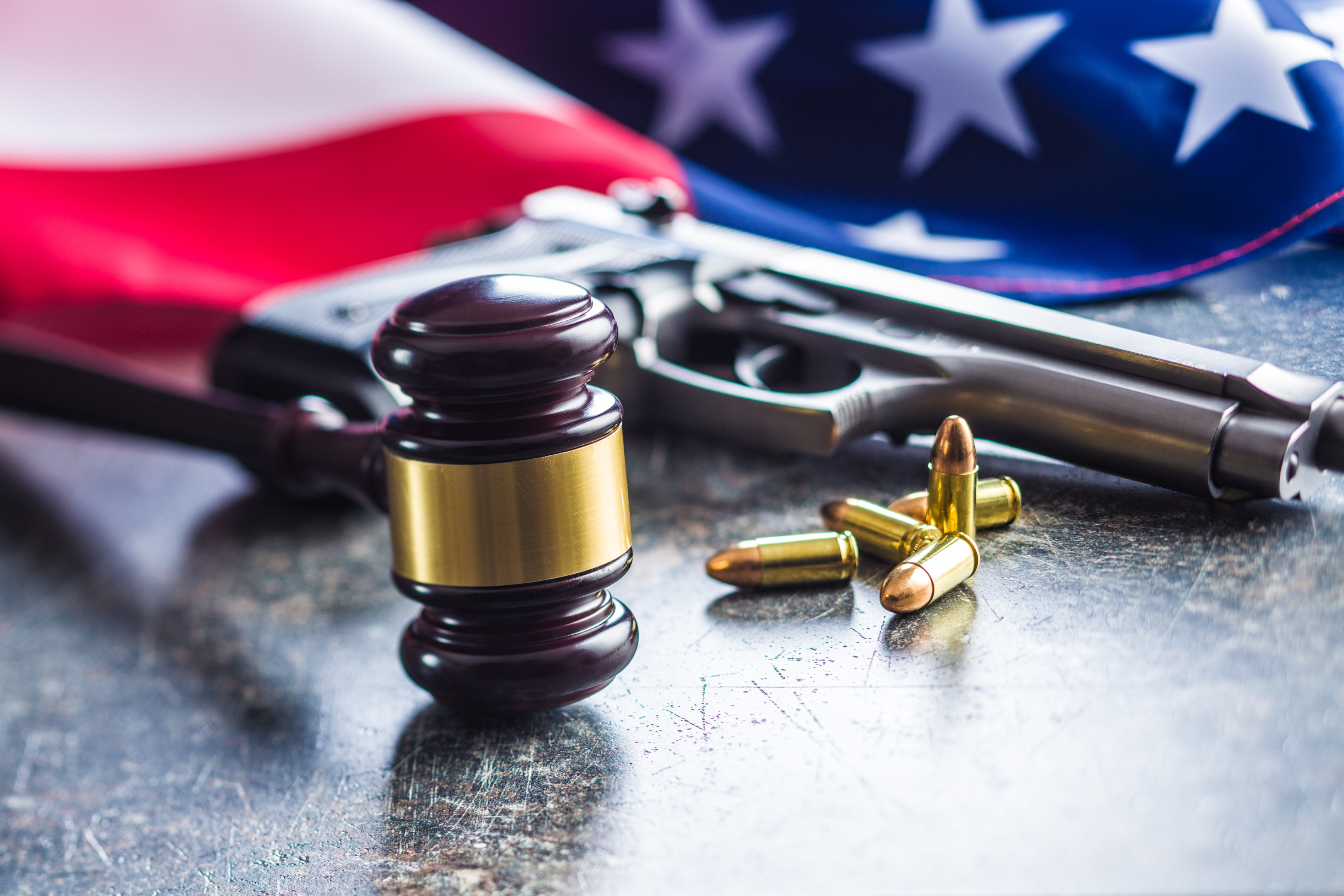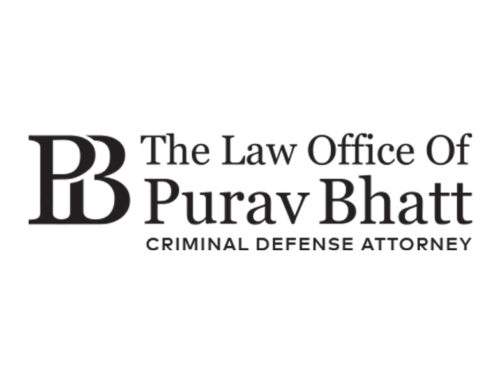Chicago’s struggle with gun violence is evident, with reports of shootings emerging nearly every day. Looking at Illinois as a whole, the state faces over 1,300 firearm-related fatalities each year. Notably, homicides account for more than half of these deaths. The firearm death rate in Illinois is worryingly higher than the average across the country. In 2021, Chicago recorded a staggering 791 deaths due to gun-related homicides, marking the highest number in 25 years.
Lawmakers have been actively working to address this surge in gun violence, which explains the stricter laws concerning the possession and usage of firearms. With that said, despite these measures, the homicide rate in the state is not showing signs of slowing down. This has made it challenging for gun owners, who may inadvertently find themselves on the wrong side of the law.
👉Also Read: Do Stricter Gun Laws Make Cities Safer? The Answer is “No!”
Illinois Gun Laws: FOID and CCL Cards
Anyone in Illinois who wishes to own, possess, or purchase firearms or ammunition must be at least 21 years old and have a Firearm Owner’s Identification (FOID) card. Someone under the age of 21 can obtain a FOID if they have the written consent of a parent or legal guardian to apply for it. That said, the consenting guardian must themselves be eligible for a FOID card, i.e., they cannot have any disqualifying conditions that would prevent them from legally owning a firearm.
The card is exclusively for Illinois residents as it is designed to identify people who are eligible to legally own and use firearms in this state. Non-residents are subject to different regulations. FOID is issued by the Illinois State Police after a systematic background check to ensure the applicant does not have a criminal record or a history of mental illness. If this check reveals any of the following conditions, your FOID application will not be approved:
- You have any convictions for felonies or other serious crimes.
- You have any records of mental health admissions or treatments, or you have a history of involuntary commitment to a mental institution.
- You have an active restraining order or order of protection against you (especially related to domestic violence).
- You have a juvenile record related to violence or weapons (if you are under 21).
- You have a history of drug-related offenses.
- You are on the federal watch list (like the terrorist watch list)
The Illinois State Police is supposed to process FOID applications within 30 days but there can be delays due to high volume. Once you get the FOID, it doesn’t mean the end of the process. FOID cardholders are subject to continuous monitoring so if a cardholder becomes ineligible at any point (for example, due to a criminal conviction or a restraining order), their FOID can be revoked. The card is valid for 10 years from the date of issuance.
Another important card to consider is the license to carry concealed firearms, also called a Concealed Carry License (CCL). It is a permit issued by the state police that allows you to legally carry concealed firearms in public spaces. CCL is different from FOID; both cards serve different purposes and one cannot be used in place of the other. CCL is specially meant for those who carry handguns in a concealed manner, hidden from public view, such as under clothing or in a bag.
To get a CCL, you must be at least 21 years of age and must have a FOID card. Remember, the FOID process establishes the baseline eligibility for firearm ownership and possession in Illinois. So, while a CCL holder can carry concealed firearms, they must still have a FOID to legally own and purchase a gun. The CCL does not negate the need for a FOID card. CCL applicants also need to complete a 16-hour training course about firearm safety, basic principles of marksmanship, and legal education on the use of force.
Types of Gun Crimes in Illinois
Unlawful Use of a Weapon (UUW)
UUW covers most activities where firearms are used or carried in a manner not permitted by law. This includes:
- Carrying a firearm in a prohibited area (like schools, government buildings, or bars),
- Carrying a firearm with an expired FOID card, or
- Carrying a firearm in a manner contrary to the regulations of a concealed carry license.
The most basic UUW offense, like carrying a firearm without a valid FOID card or carrying a concealed weapon without a proper license, is classified as a Class A misdemeanor which means a sentence of up to one year in county jail. If certain aggravating factors are present, such as possessing a firearm in a prohibited area, or if the defendant has a previous criminal record, the offense can be charged as a Class 4 felony (1 to 3 years in state prison) or a more serious felony classification with longer potential prison terms.
As with many criminal offenses, the final sentencing is at the discretion of the court, taking into consideration the defendant’s intent, circumstances of the offense, and personal history.
Pertaining to this, there are exceptions to this. You can be exempted from UUW charges if:
- You are carrying and using the gun in your own home or fixed place of business.
- You have a valid FOID and carry/use your weapon according to the state weapons laws, for example, you follow the restrictions about where firearms can be carried.
- You have a concealed carry permit under the Illinois Concealed Carry Act.
- You are active-duty law enforcement or military personnel, and engaged in the lawful execution of your duties.
- You are transporting your gun in an unloaded condition and have it enclosed in a case, firearm carrying box, or shipping box.
- You are engaged in legal hunting activities or traveling to or from such activities with an unloaded and enclosed weapon.
- You have an antique firearm that cannot be used as a weapon.
Aggravated Unlawful Use of a Weapon (AUUW)
This is an escalated form of UUW as it includes additional aggravating factors, like carrying a loaded and easily accessible firearm in a vehicle without a valid FOID card or concealed carry license, or carrying a firearm when involved in gang-related activities. Another example of AUUW would be carrying a firearm while under a restraining order. The penalties for AUUW are harsher than for UUW, and can result in felony charges that carry the possibility of prison time.
The base level of AUUW is a Class 4 felony, which can carry a sentence of 1 to 3 years in state prison. The specifics of the offense can lead to higher felony charges. For example, if the gun is loaded and immediately accessible, it can elevate the severity of the weapons charge. If the defendant has a previous conviction, or they are a gang member, or they used the weapon in the commission of another crime, the charge can be escalated to a Class 2 or Class 1 felony. This comes with 3 to 7 years in prison, or even more in some cases.
Felon in Possession of a Firearm
People who have previously been convicted of a felony and are subsequently found to own, have in their possession, or even have access to a firearm, can be charged with this. The reason is clear: public safety. Illinois law doesn’t allow those who have previously committed serious crimes to have any kind of weapon that they can use for future criminal activities.
Generally speaking, for a felon found in possession of a firearm, the charge is a Class 3 felony, the sentencing for which is 2 to 5 years in an Illinois state prison. But if they have previous convictions for violent crimes or other firearm-related offenses, this could increase to several more years.
Unlawful Sale or Transfer of Firearms
You can be charged with this if you sell, give, or otherwise transfer a gun without following the legal requirements set by Illinois and federal law. It covers not only the sale of firearms but also any form of transfer, including gifts, exchanges, or other methods of changing ownership.
Private firearm sales and transfers in Illinois must be done only after background checks on the buyer through a licensed firearm dealer. The seller must have a Federal Firearms License (FFL) – selling firearms without it is illegal. Then they must verify that the buyer has a legal FOID card. There is a mandatory waiting period between the purchase and delivery of the firearm (24 hours for long guns and 72 hours for handguns).
If any of these laws are violated, you can be charged with a felony; the exact felony will depend on the type of violation. For example:
- Class 4 Felony: This is the least severe charge for unlawful sale or transfer of firearms, which carries a sentence of 1 to 3 years in prison.
- Class 3 Felony: This category could mean 2 to 5 years in prison.
- Class 2 Felony: A more serious charge, potentially leading to 3 to 7 years of incarceration.
- Class 1 Felony: For even more dire cases, this can result in 4 to 15 years in prison.
- Class X Felony: The highest level for this criminal offense, carrying a mandatory prison sentence of 6 to 30 years.
Reckless Discharge of a Firearm
This Class 4 felony applies to situations where a gun is discharged in a reckless manner that endangers the safety of others. Firing a gun in a heavily populated area, during an argument, or in a way that could potentially cause harm, even if no one is actually injured are all considered extremely serious offenses in the state and can result in 1 to 3 years of incarceration with fines (in some cases). Depending on how good your criminal defense lawyer is, the court may be convinced to go for probation instead of prison time.
Gun Trafficking
Gun trafficking refers to the selling or transferring firearms without proper licensing or to people who are not legally allowed to possess firearms (such as convicted felons or minors). This is a Class 1 felony and can lead to a prison sentence of 4 to 15 years. In cases where there are a larger number of firearms or the offense is connected to other criminal activities (gang violence, drug trafficking), the sentence could be at the higher end of this range.
This can also include smuggling firearms across state lines to circumvent stricter gun laws in certain states – this can elevate the charge to a federal offense. The specific punishment depends on the type and number of firearms trafficked; high-powered or automatic weapons result in more serious criminal charges.
Firearm Possession by a Minor
It’s generally illegal for minors (under the age of 18) to possess firearms, with certain exceptions like supervised hunting or target shooting. Possession by a minor outside these exceptions can lead to criminal weapons charges.
Armed Habitual Criminal
You can be charged as an Armed Habitual Criminal in Illinois if you possess, purchase, or receive a firearm after having been convicted of at least two qualifying felonies, like robbery, burglary, aggravated assault, unlawful use of a weapon by a felon, or any felony that involves the use of violence or the threat of violence. This is a Class X felony, which is the most serious class of felony other than first-degree murder. The penalty includes a mandatory prison sentence of 6 to 30 years without the possibility of probation. In certain cases, the sentence can be even longer.
Armed Violence
If you commit any felony and you have a dangerous weapon with you, you could be charged with Armed Violence. The term “dangerous weapon” usually refers to guns, but it can also mean knives or any object that could seriously injure someone or cause death. This is considered a Class X felony in most cases, but the exact treatment depends on the felony you committed and the weapon you had. If the weapon was a gun, especially certain types like machine guns or guns with silencers, the penalties could be even tougher.
👉Also Read: How A Chicago Criminal Defense Lawyer Champions Fair Trial Rights Amidst Rising Legal Challenges
An Illinois Gun Crime Defense Lawyer You Can Trust
If you or someone you know has been charged with a CCL, FOID, or other weapons violation in Illinois, you want an attorney who firmly believes in your Second Amendment right to bear arms. If you choose to work with the Law Office of Purav Bhatt, we will:
- Get to know every detail of your case. We will look at the charges against you, the circumstances of your arrest, and any evidence the prosecution has. Our focus at this stage is to find any weaknesses or inconsistencies in their case, for which we will question the legality of their evidence, the reliability of their witnesses, or the accuracy of ballistic reports they have submitted.
- Identify potential legal defenses. If your rights were violated during the arrest (like if there was an illegal search), we will leverage it to get the charges dismissed or reduced. We could also prove that you legally owned the weapon or that you were unaware of its presence.
- Work out a deal with the prosecutors. We will negotiate on your behalf, aiming to reduce the charges or the potential penalties. This could mean less time in prison or avoiding jail time altogether, depending on the case.
- Be your voice in court if your case goes to trial. We will present your defense, question witnesses, and convince the jury of your side of the story. As someone who has been on the other side of the equation, Attorney Bhatt knows how to present a convincing argument that can sway the court in your favor.
Contact The Law Office of Purav Bhatt at 773-791-9682 to set up a consultation with a prosecutor-turned criminal defense attorney.



